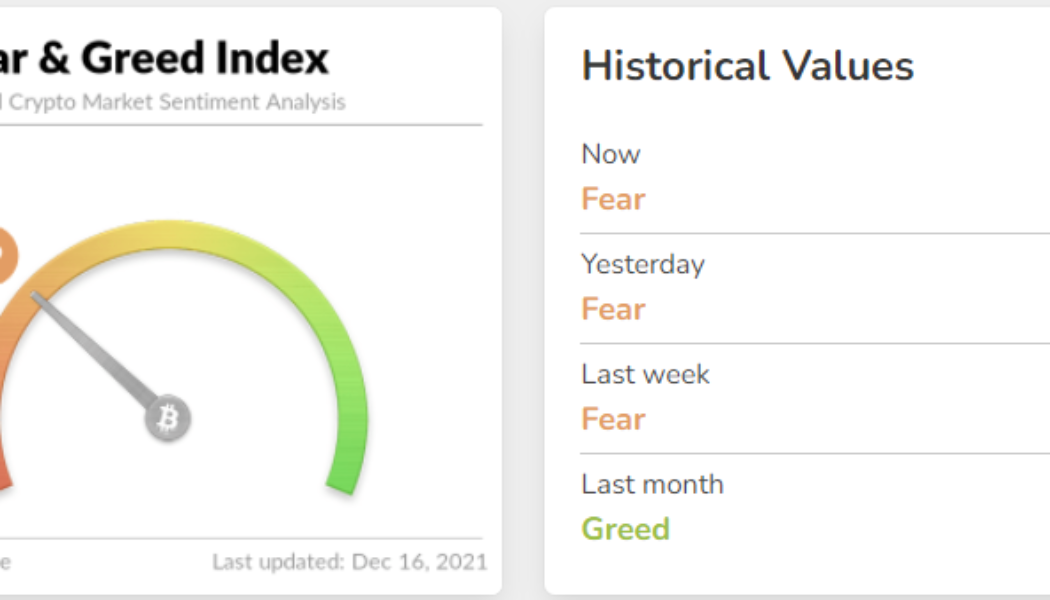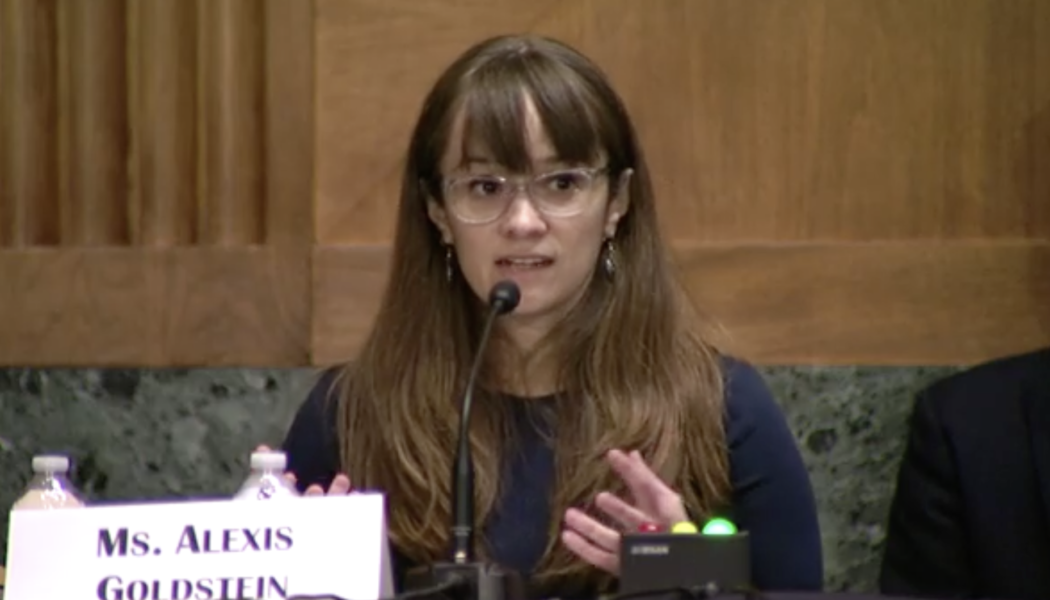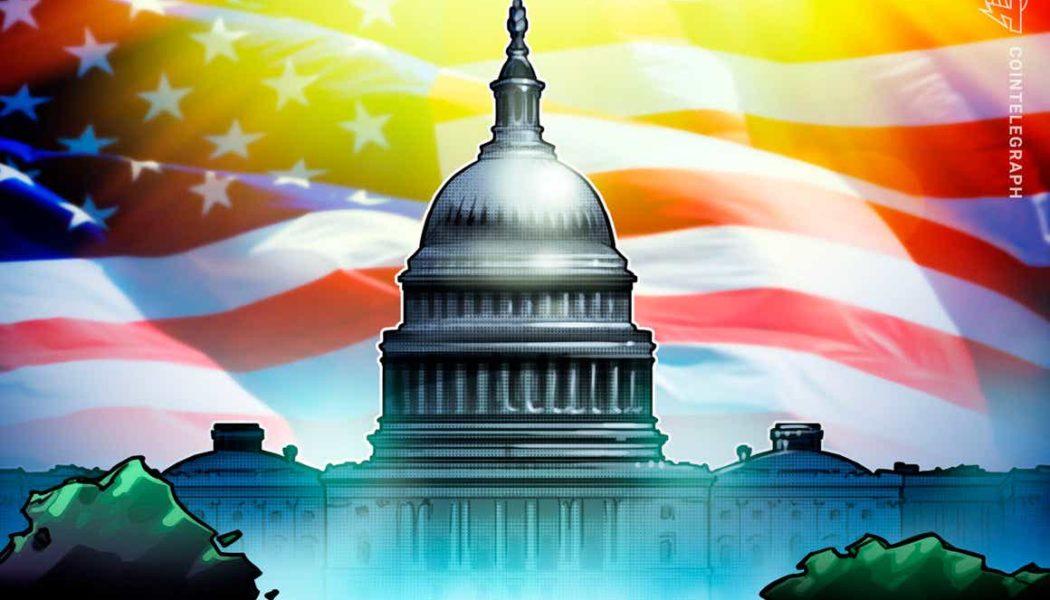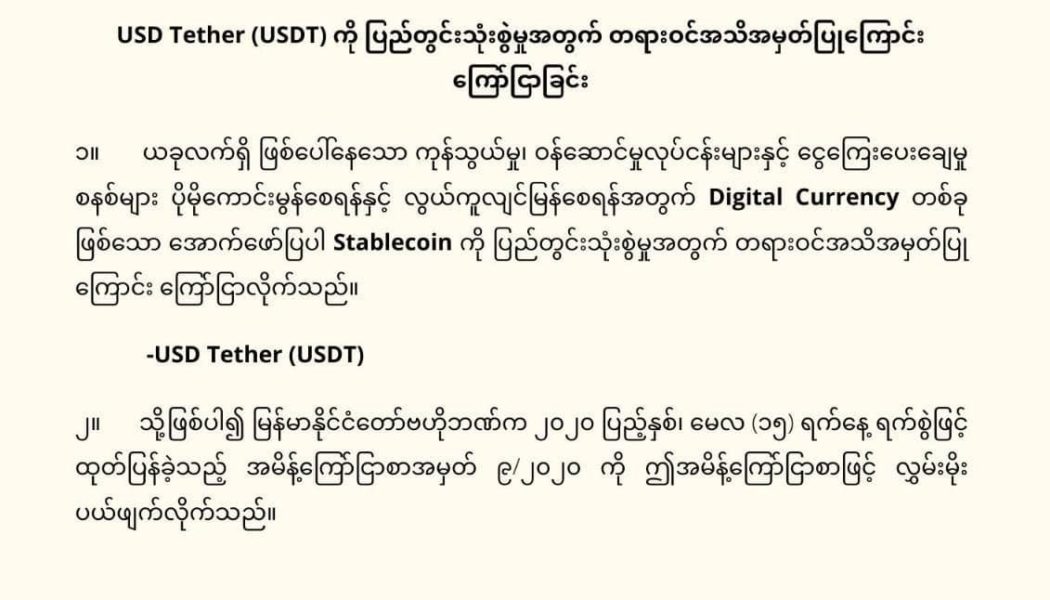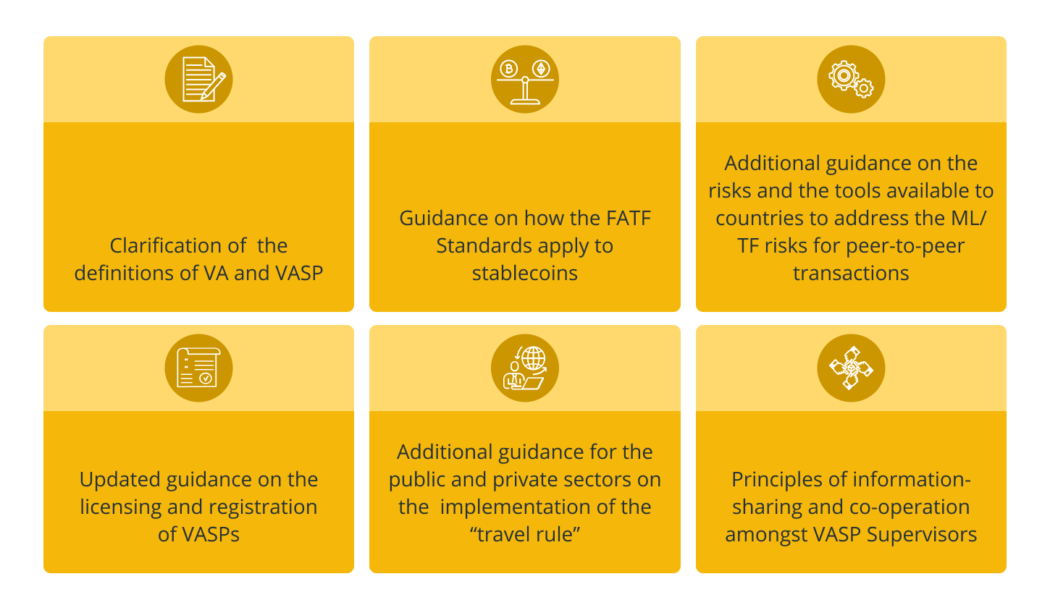Stablecoin
Senate hearing on stablecoins: Compliance anxiety and Republican pushback
On Dec. 14, the United States Senate Banking, Housing and Urban Affairs Committee held a hearing titled “Stablecoins: How Do They Work, How Are They Used, and What Are Their Risks?” The testimonies, both spoken and written, focused largely on the last two issues, as anxieties over Know Your Customer compliance and the U.S. dollar inflation threat dominated the discussion. Held less than a week after the House of Representatives Financial Services Committee’s hearing on digital assets, which was generally perceived as “constructive”, the meeting held by the Banking Committee was expected to be tough. Senator Sherrod Brown, a Democrat from Ohio who chairs the Committee and had called the hearing, is infamous for his critical stance on the crypto industry, and the November report from Preside...
Here’s why Bitcoin traders expect choppy markets for the remainder of 2021
Inflation concerns and a general sense of trepidation about the future of the global economy continue to put a damper on Bitcoin and altcoin prices and currently the Crypto Fear and Greed index is solidly in the ‘fear’ zone where it has been parked since the beginning of December. Crypto Fear & Greed Index. Source: Alternative Despite the brief bump in prices seen across the markets following the recent Federal Open Market Committee (FOMC) meeting where Fed Chair Jerome Powell indicated that interest rates would remain low for the time being, the overall sentiment in the crypto market continues to wane, signaling that 2021 could end on a bearish note. BTC price could dampen due to macro concerns In a recent report from Delphi Digital, analysts noted that the price of Bitcoin (BTC...
Witnesses offer differing opinions on approach to stablecoins at congressional hearing
The Senate Committee on Banking, Housing and Urban Affairs heard from several expert witnesses with knowledge of stablecoins who urged lawmakers to establish a clear regulatory framework but could not seem to agree on where lines would be drawn. In a Tuesday hearing on “Stablecoins: How do They Work, How Are They Used, and What Are Their Risks?” Hilary Allen, a professor at the American University Washington College of Law, Alexis Goldstein, director of financial policy at Open Markets, Jai Massari, partner at Davis Polk & Wardwell, and Dante Disparte, chief strategy officer and head of global policy at Circle, addressed U.S. senators regarding some of the risks stablecoins may pose to the U.S. financial system and how lawmakers could handle regulating the space. Goldstein’s written te...
‘DeFi is the most dangerous part of the crypto world,’ says Senator Elizabeth Warren
Massachusetts Senator Elizabeth Warren did not hold back in her criticism of decentralized finance (DeFi), expressing concern about how a run on stablecoins would affect the average investor. In a Tuesday hearing with the Senate Banking Committee discussing stablecoins, Warren questioned Hilary Allen, a professor at the American University Washington College of Law, as to whether a run on stablecoins could potentially endanger the United States financial system. Though Allen said an “en masse” redemption of stablecoins from people who had lost faith in the tokens would be unlikely to have “systemic consequences” for traditional markets at present, the DeFi system would be more likely to feel the effects. Warren countered that because stablecoins provided “the lifeblood of the DeFi eco...
Myanmar shadow government declares stablecoin USDT an official currency
Myanmar’s shadow government, the National Unity Government (NUG), led by the supporters of jailed leader Aung San Suu Kyi, has declared United States dollar-based stablecoin Tether (USDT) as an official currency for local use. Per a report published in Bloomberg, the NUG will accept Tether for its ongoing fundraising campaign seeking to topple the current military regime in Myanmar. The shadow government also raised $9.5 million through the sale of “Spring Revolution Special Treasury Bonds” offered to the Myanmar diaspora across the world. The group aims to raise $1 billion through the sale of NUG-issued bonds. The NUG Ministry of Planning, Finance, and Investment posted an announcement regarding the move on Facebook on Monday. Announcement regarding NUG acceptance of Tether. Source:...
FATF guidance on virtual assets: NFTs win, DeFi loses, rest remains unchanged
The Financial Action Task Force (FATF) released its long-awaited guidance on virtual assets, laying out standards that have the potential to reshape the crypto industry in the United States and around the world. The guidance addresses one of the most important challenges for the crypto industry: To convince regulators, legislators and the public that it does not facilitate money laundering. The guidance is particularly concerned with the parts of the crypto industry that have recently brought about significant regulatory uncertainty including decentralized finance (DeFi), stablecoins and nonfungible tokens (NFTs). The guidance largely follows the emerging approach of U.S. regulators toward DeFi and stablecoins. In a positive note for the industry, the FATF is seemingly less aggressive towa...


